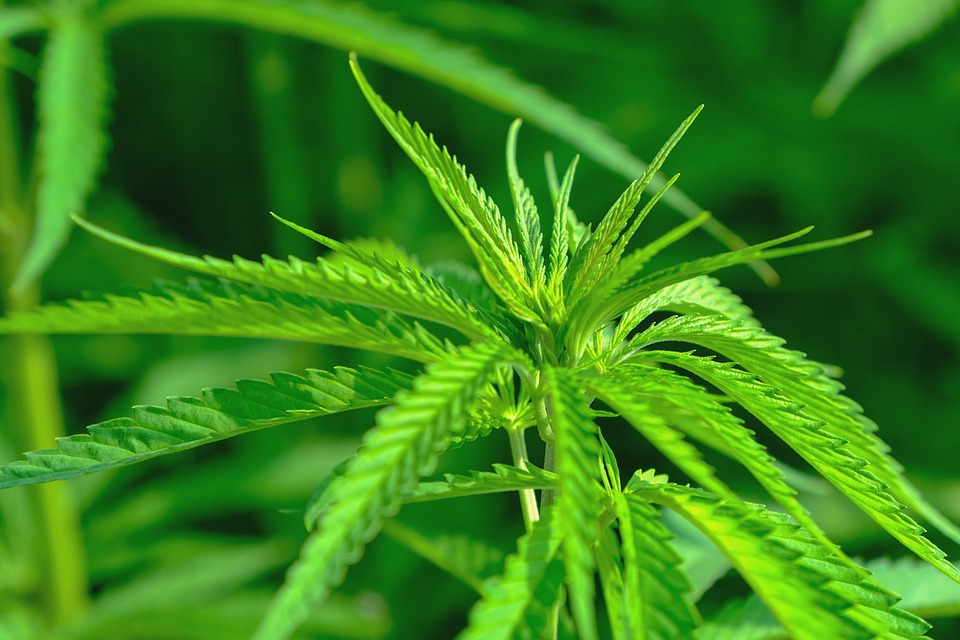Pushed by budget deficits and pressure from stakeholders, lawmakers in New York are set to take one more stab at legalizing the recreational marijuana market that could produce more than $2 billion in business deals.

Gov. Andrew Cuomo emphasized his resolve a week ago to legalize recreational cannabis amid mounting regional and financial pressures.
“We will legalize the recreational cannabis, joining fifteen nations that have just done so,” Cuomo tweeted Monday.
“This will raise income and end the failed ban that has left many communities of color overpoliced and over incarcerated.”
Pundits estimate that the New York recreational marijuana market ultimately would turn into the biggest on the East Coast, with $2.3 billion in yearly deals by its fourth year.
Presently the state’s cannabis market is valued at $1.8 billion, primarily driven by the New York medical marijuana services like Veriheal. However, the MMJ program remains one of the most restrictive. In the U.S. Legalization of recreational marijuana would have to be accompanied by the expansion of medical marijuana programs.
New Jersey, where recreational use for adults is legal, has been expanding its medical marijuana program. Conversely, over there, the grown-up use market is geared to clock $1 billion in yearly deals by 2024. New York’s potential is more prominent.
If Cuomo succeeds in his push, New York may create many job opportunities and support many dependent businesses such as marijuana cultivators, processors, packaging and distribution companies, lawyers, and marketers.
“I’m more hopeful than I’ve ever been (of grown-up use legalization in New York),” said Jeremy Unruh, senior VP of public and administrative issues for Illinois-based PharmaCann.
PharmaCann owns one of the ten vertical clinical cannabis licenses in New York.
“Cuomo’s message sounds fairly resolute, and we know the legislature has pushed for this too. As usual, the small details are the main issue,” Unruh said.
Industry authorities refer to the below factors as reasons they trust the law will pass this year, either through an independent bill or through Cuomo’s budget bill before the end of April:
Democrats control the state legislature.
The state faces a $15 billion yearly spending deficit as the economic effect of the Covid pandemic keeps on stressing state coffers.
Last November’s recreational marijuana legalization in New Jersey by vote has put additional pressure on New York.
Should New York fail to legalize it, it will miss out on immense opportunities, according to the words of Rob DiPisa, a cannabis legal executive in New Jersey.
“New Jersey will have this influx of clients coming from New York, and that is simply New York losing green bucks that they can’t stand to lose.”
Experts say the biggest dilemma could be how tax revenues from recreational adult use should be spent.
Social equity lobbyists want the money to be channeled into economic development and similar programs in the communities hardest hit by the war on drugs. The governor, on his part, wants the money for the state’s general budget.
New York’s renewed efforts to legalize it are returning the state to the race, with New Jersey to be the first to have an open recreational cannabis market.
However, New Jersey’s legalized environment is currently still marred by stagnated legislation and policies. New Jersey Governor Phil Murphy recently opposed the signing of the recreational marijuana bill due to disagreements with lawyers over minority categories. That difference is expected to be resolved.
Even so, experts believe that the market launch could be delayed by up to six months, beyond June. That would be a chance for New York to catch up and take the lead. MMJ licensees in New York – most of whom work in partnership – want the state to speed up the legalization.
“I think it’s critical for New York to realize that the states that have made the most successful transition to adult-use are the ones that are most helpful to medical marijuana practitioners who are stifled by the rules,” says Unruh
Last week, Cuomo shared the news that he wanted a more equitable licensing program, which offers “licensing opportunities and assistance to entrepreneurs in black communities most affected by the drug war.”
